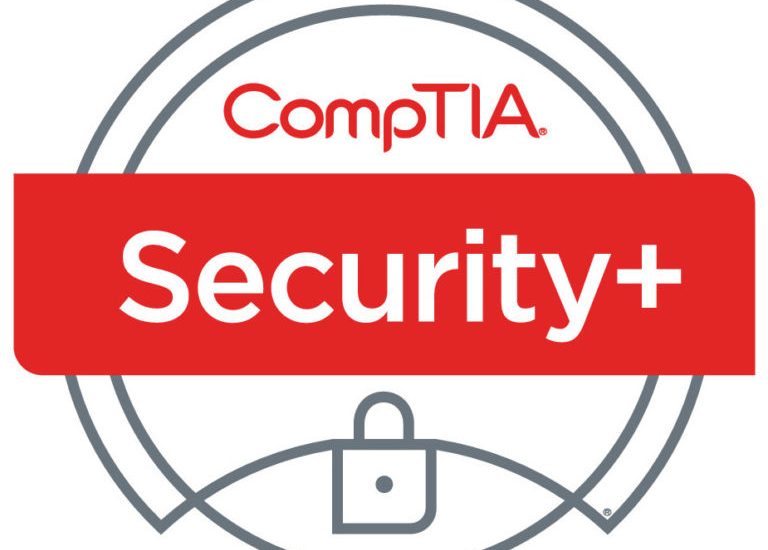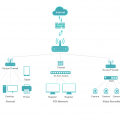- September 14, 2023
- Posted by: team SOUTECH
- Category: Blog, Cyber-security and Ethical Hacking Training, Ethical Hacking and Kali Linux Free Training, Security

Secure network design and architecture are critical components of cybersecurity. CompTIA Security+ certification covers the principles and practices of creating secure network environments. In this article, we delve into the key aspects of secure network design and architecture.
Network Design Principles: Secure network design starts with understanding fundamental network design principles. CompTIA Security+ candidates will learn about network segmentation, defense-in-depth, and the principle of least privilege.
Secure Network Topologies: Different network topologies offer varying levels of security. The certification explores various network topologies, including star, mesh, and ring topologies, and their security implications.
Subnetting and IP Addressing: Proper subnetting and IP addressing are crucial for network security. Candidates will delve into subnetting techniques and IP address management.
Firewalls and Intrusion Detection Systems (IDS): Firewalls and IDS play vital roles in network security. CompTIA Security+ covers firewall types, intrusion detection methods, and their placement in the network.
Virtual Private Networks (VPNs): VPNs are essential for secure remote access. Candidates will learn about VPN types, encryption protocols, and VPN implementation.
Wireless Network Security: Securing wireless networks is critical in today’s environment. The certification explores wireless security protocols, authentication methods, and encryption standards.
Network Access Control (NAC): NAC solutions help enforce security policies. Candidates will explore NAC concepts and deployment strategies.
Network Segmentation: Network segmentation enhances security by dividing a network into smaller, isolated segments. CompTIA Security+ covers network segmentation best practices.
Secure Protocols: Understanding secure protocols is essential. The certification explores protocols like HTTPS, SSH, and TLS and their role in secure communication.
Cloud Network Security: Cloud environments require specific security considerations. Candidates will learn about cloud network security and best practices for securing cloud-based resources.
Network Security Best Practices: The certification emphasizes best practices for network security, including regular updates, monitoring, and security awareness.
Conclusion: CompTIA Security+ certification equips professionals with the skills to design secure network architectures that protect against threats and vulnerabilities. Secure network design is a cornerstone of effective cybersecurity.




